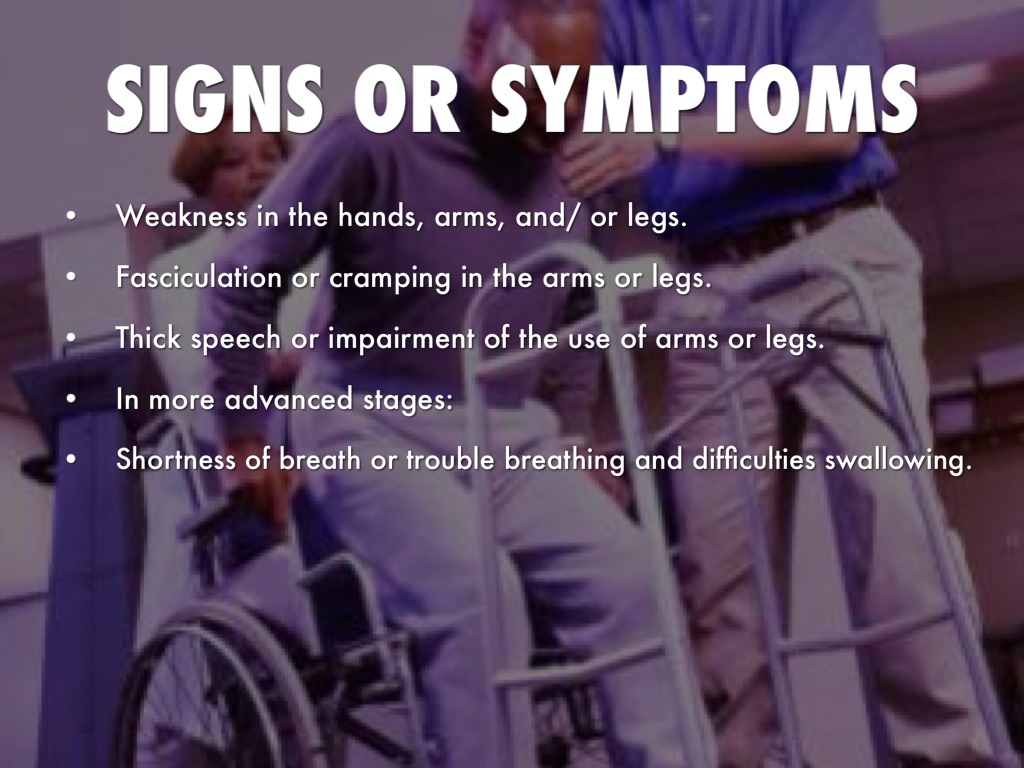
Visit and Join the WeHeal ALS – Lou Gehrig’s Disease Community
Information and References: WebMd | Wikipedia
Clinical Trials: Clinicaltrials.gov | In Clinical Trials | EU Clinical Trials Register | WeHeal Guide to Researching Clinical Trials
Patient Resources and Related Organizations: ALS Association
News and Media: News-Medical.net | NIH
ALS, or amyotrophic lateral sclerosis, is a progressive neurodegenerative disease that affects nerve cells in the brain and the spinal cord. A-myo-trophic comes from the Greek language. “A” means no. “Myo” refers to muscle, and “Trophic” means nourishment – “No muscle nourishment.” When a muscle has no nourishment, it “atrophies” or wastes away. “Lateral” identifies the areas in a person’s spinal cord where portions of the nerve cells that signal and control the muscles are located. As this area degenerates it leads to scarring or hardening (“sclerosis”) in the region.
The initial symptoms of ALS can be quite varied in different people. One person may have trouble grasping a pen or lifting a coffee cup, while another person may experience a change in vocal pitch when speaking. ALS is typically a disease that involves a gradual onset.
The rate at which ALS progresses can be quite variable from one person to another. Although the mean survival time with ALS is three to five years, many people live five, 10 or more years. Symptoms can begin in the muscles that control speech and swallowing or in the hands, arms, legs or feet. Not all people with ALS experience the same symptoms or the same sequences or patterns of progression. However, progressive muscle weakness and paralysis are universally experienced.
Gradual onset, painless, progressive muscle weakness is the most common initial symptom in ALS. Other early symptoms vary but can include tripping, dropping things, abnormal fatigue of the arms and/or legs, slurred speech, muscle cramps and twitches, and/or uncontrollable periods of laughing or crying.
When the breathing muscles become affected, ultimately, people with the disease will need permanent ventilatory support to assist with breathing.
Since ALS attacks only motor neurons, the sense of sight, touch, hearing, taste and smell are not affected. For many people, muscles of the eyes and bladder are generally not affected.
Visit and Join the WeHeal ALS – Lou Gehrig’s Disease Community
WeHeal is very grateful to our valued sources of information which include Wikipedia, WebMD, ClinicalTrials.gov, Cancer.gov, Infoplease, and the US CDC (Center for Disease Control).